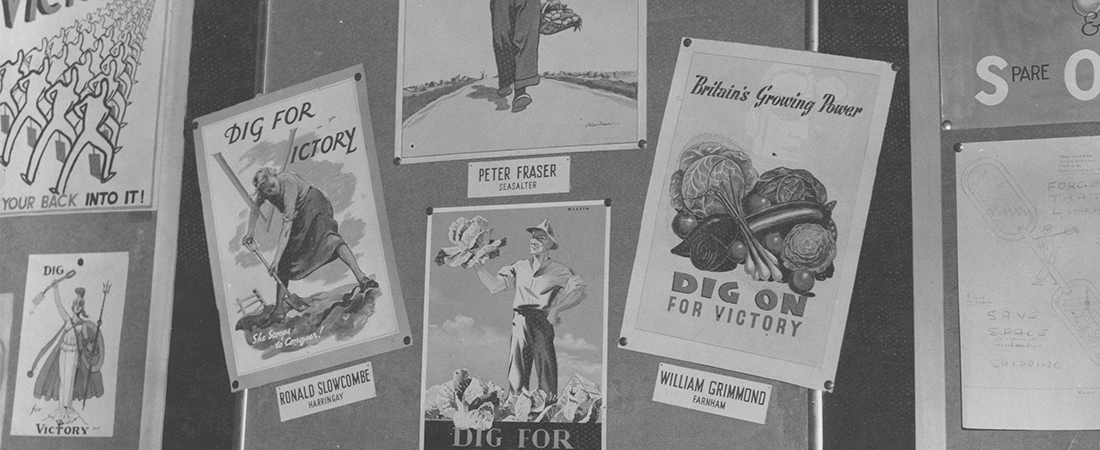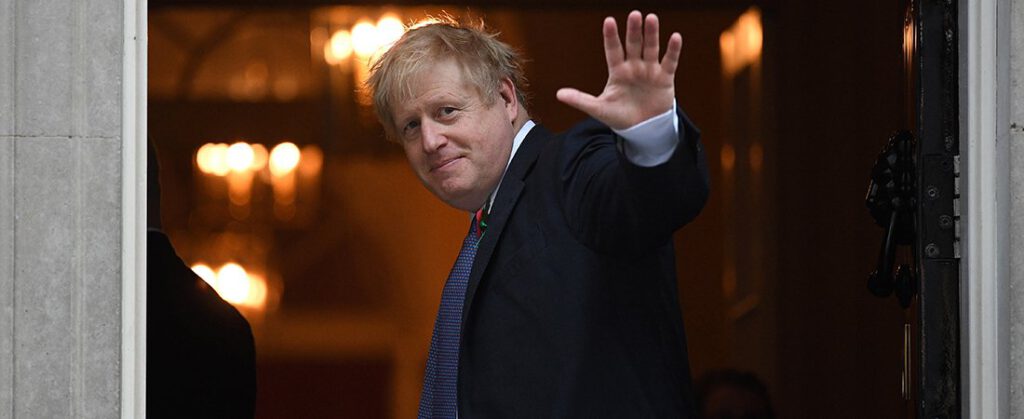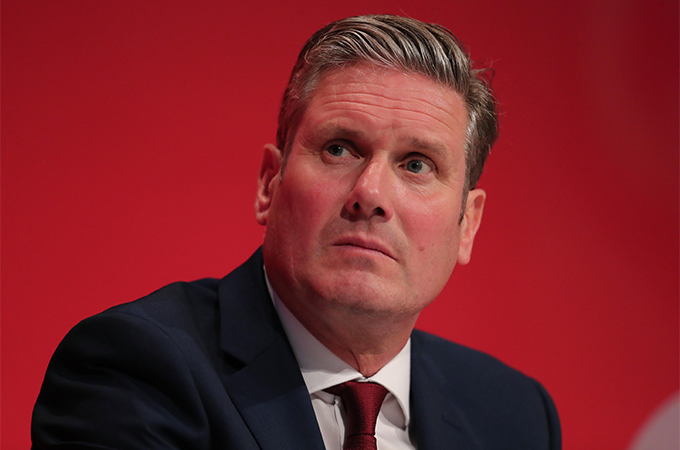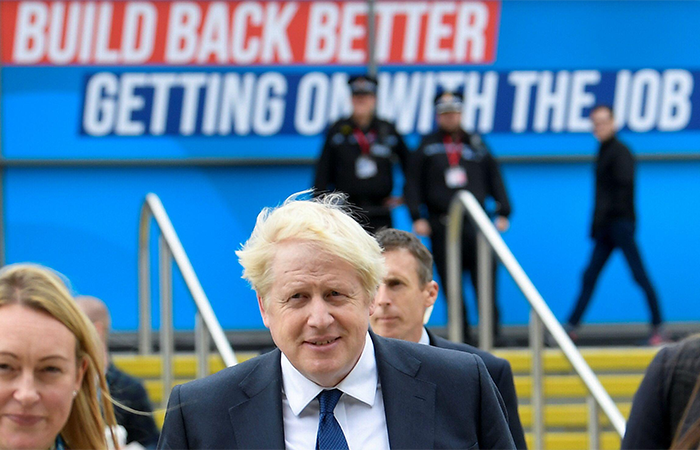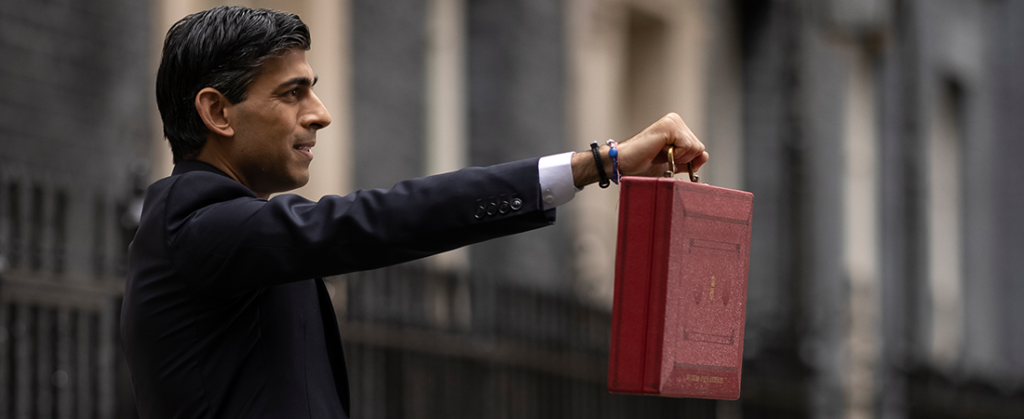Could a return to rationing save the planet? Joanna Lumley made an impassioned case for it on BBC Breakfast last week, calling the climate crisis ‘a different kind of wartime’ and proposing a system of tradeable vouchers to help Brits curb their consumption.
The argument is compelling; not because ‘carbon coupons’ are necessarily the solution (experts have pointed out that this type of rationing could stunt the economic growth needed to sustain green investment), but because she’s right that we are facing an even bigger existential threat than a world war, and we need a public response on the same scale to overcome it.
Stories of wartime patriotism are so familiar to us that we forget what huge sacrifices they entailed. Gardens were ploughed, daily diets radically changed, children welcomed into the homes of strangers – sometimes for years. Businesses as well as individuals rallied behind the cause – converting their operations to support munitions and aircraft manufacturing and training up an army of women to take on roles they had never done before. Not only did almost every citizen respond, but non-compliance was heavily stigmatised.
It’s tempting to say we live in different world now. It’s hard to imagine people deferring so unquestioningly to a government campaign in an age of social media-fuelled scepticism, conspiracy theories and highly polarised echo chambers. Protests against mask-wearing and social distancing are recent examples of how hard it is now to sustain a united front against a global threat.
Yet there was a period at the beginning of the pandemic when solidarity and a sense of duty outweighed cynicism. Millions of people stayed in their homes at huge personal cost to ‘save lives and protect the NHS’. Factories retooled to produce ventilators. Whole streets of people across the country stood on their doorsteps week after week to show their support for frontline workers.
All this was fuelled by the government deliberately evoking the ‘Blitz Spirit’ in its communications to rally public support. Boris Johnson pledged to act ‘like any wartime government’ and his cabinet took every opportunity to remind us of the sacrifices our grandparents and great-grandparents made to safeguard future generations.
But the Churchillian rhetoric that the Prime Minister is so famous for is missing from his narrative on climate change. Far from calling on businesses and individuals to ‘do their bit’, the government’s recently launched Climate Action Roadmap promises solutions without compromise – a denial that going green is ‘inextricably bound up with a sense that we have to sacrifice the things we love’.
Transitioning to a low carbon economy will come at a cost. Whether this is paid for by our taxes, by private companies reinvesting profits that would otherwise bolster the nation’s pension funds, or by consumers spending to modify their homes, cars and diets, we will pay. Rather than insisting that this isn’t the case, our policymakers should be focusing all their communications efforts on convincing the nation that it is a price we can, and we must pay – in whatever way each of us is able.
The government has obviously taken a view that the public won’t respond to scaremongering and fear – perhaps all too aware of how this strategy played out for the Remain camp in the run-up to Brexit. But the Home Front propaganda that rallied the nation during World War II was generally not doom and gloom: it was full of hope, it was galvanising. It made people feel that their contribution mattered.
At this eleventh hour in the climate emergency, we have the facts and projections. We have an array of potential tools and solutions. What we need is a national commitment – from the biggest businesses to individual consumers – to do whatever it takes to win the ‘Battle for our Future’. If we can find a way to convince the country that success is possible, we might just succeed.


